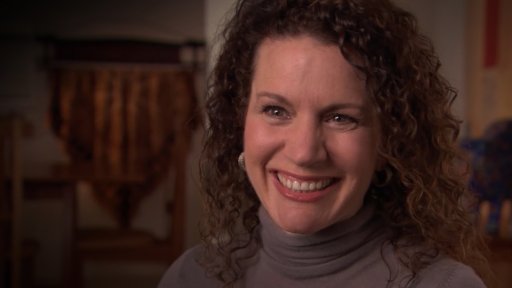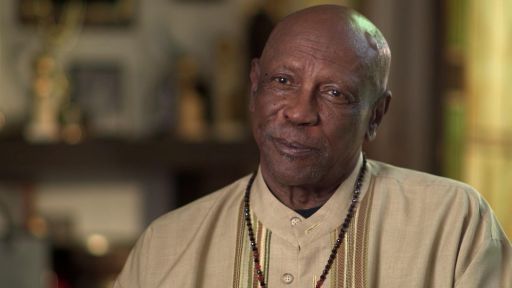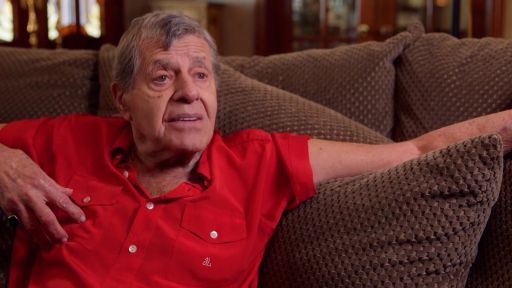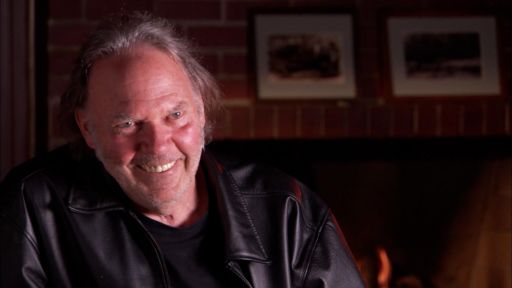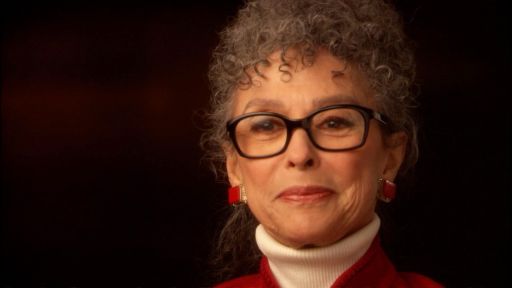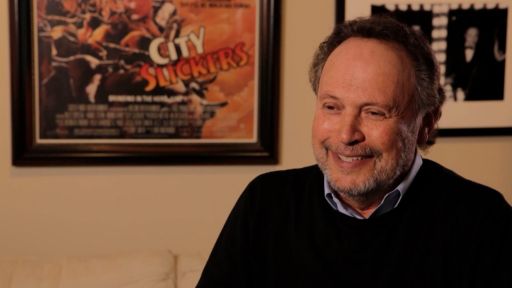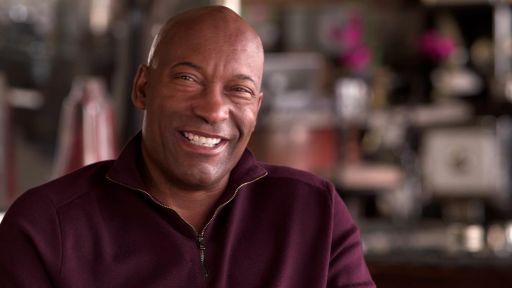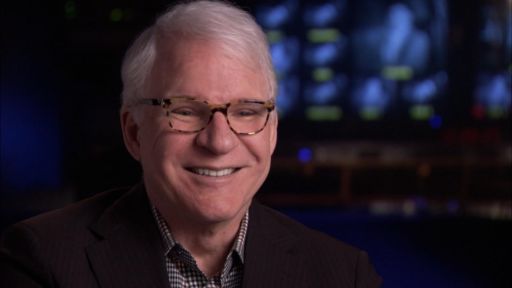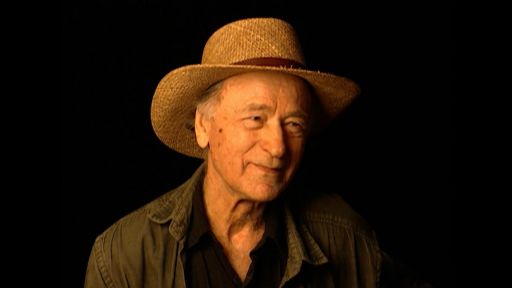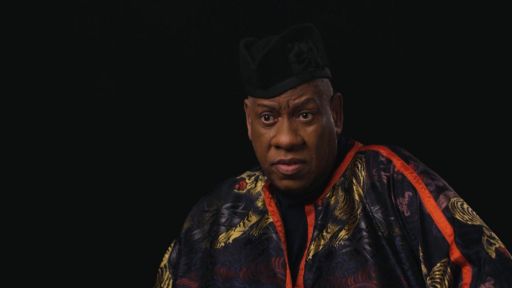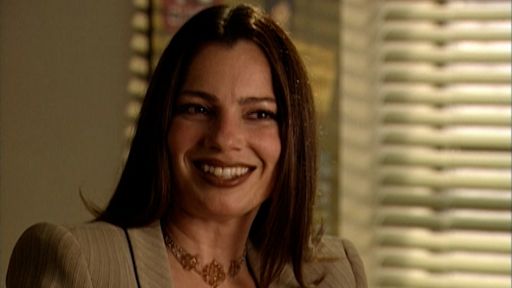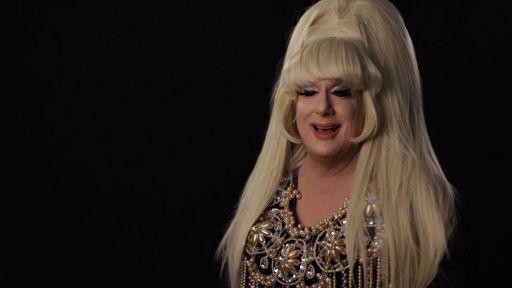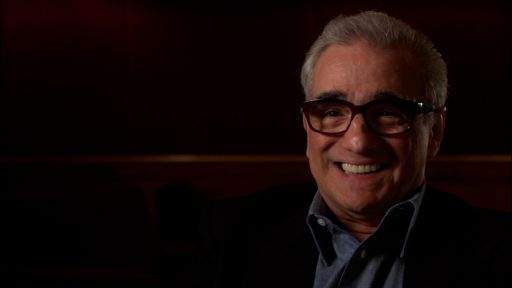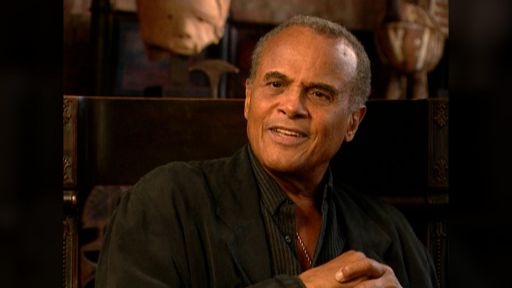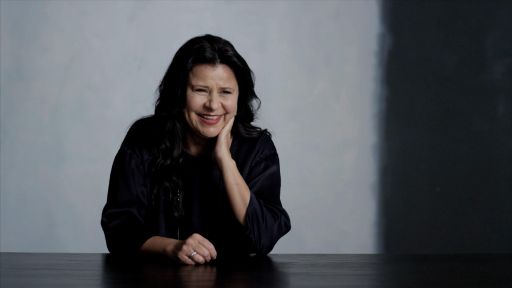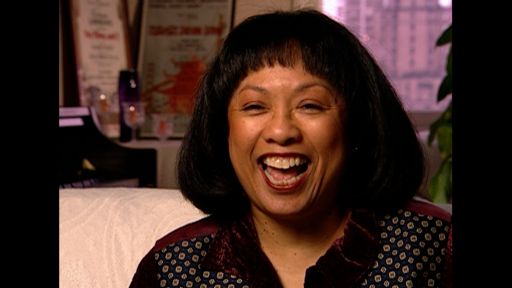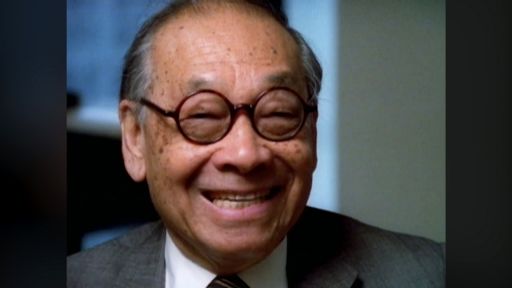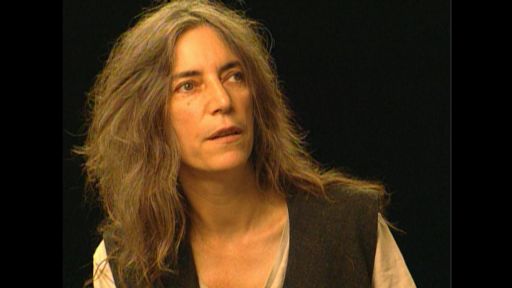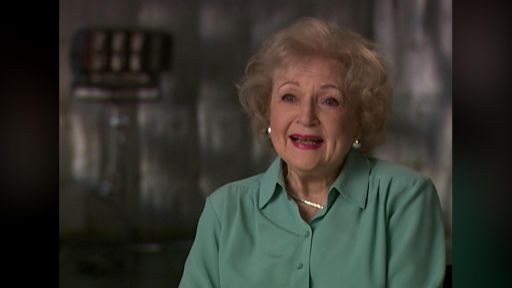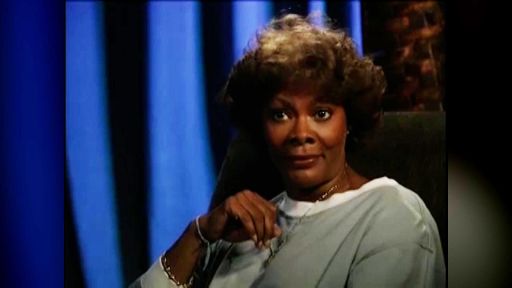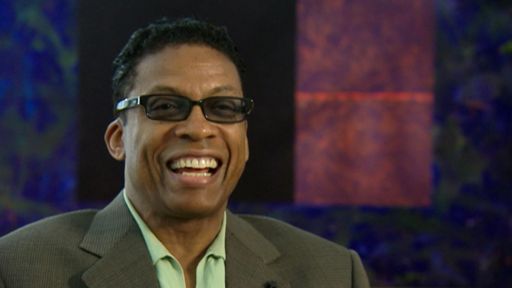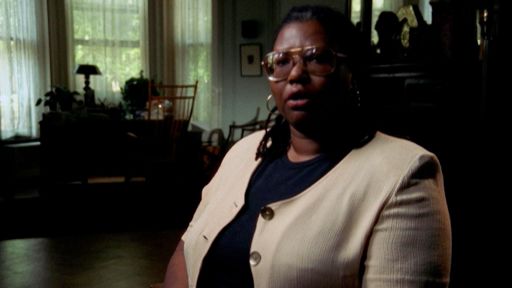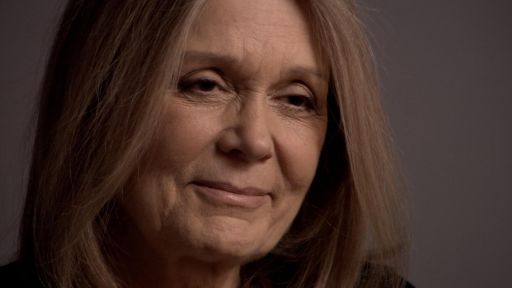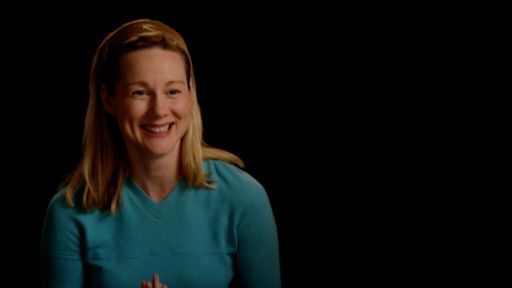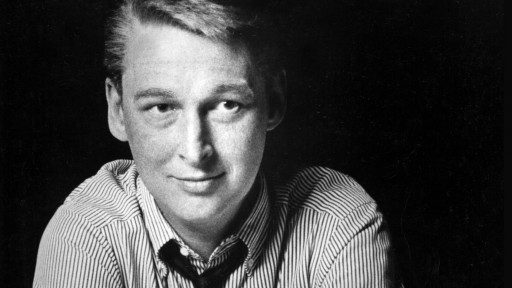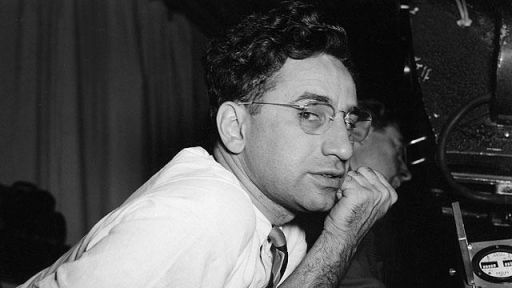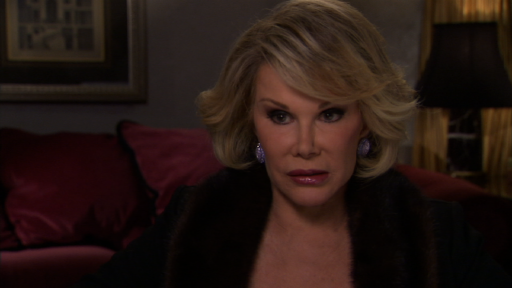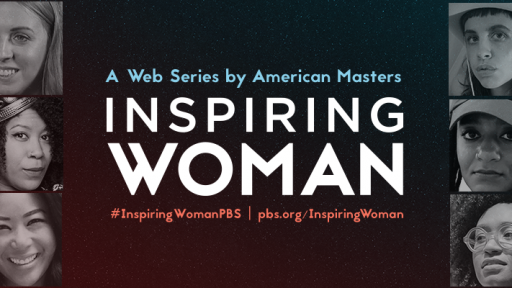TRANSCRIPT
- The first film I saw Sidney in was "Cry the Beloved Country."
It was a film he did with Canada Lee of the Allen Peyton story back in 1952 in South Africa, which was heavily under apartheid, newly under apartheid.
At least the film was set in '52.
I think it was done around that same time 'cause I was in college, I think, anyway.
- [Interviewer] Where were you?
- Pardon?
- [Interviewer] Where were you when you saw it?
- University of Michigan.
- [Interviewer] You were in college?
- Yeah, and Sidney was, he looked like a college student himself.
And it worked very well for the character of the young priest he was playing.
I didn't think about being an actor, even when I began acting studies, I thought about being a soldier.
And the idea of being an actor didn't occur to me until after my service was almost finished, so, no, I just saw him as an appreciative audience.
- [Interviewer] What did you think when you saw him?
- I said, "God, he really seems like an African," and that seemed to me to be the hardest thing for a Black American actor to do.
And I didn't know anything about Sidney then, except that he was some Caribbean.
I said, "That must be he is in touch with the non-American sound," whatever that is.
And great, if I try to sit up now more than usual, it's because Sidney is straight.
Sidney sits up straight, Sidney walks straight.
He inspires us to all stand up straight.
But he was standing up straight in that film and the combination of him and Canada was just wonderful.
- [Interviewer] What did seeing him and Canada up there mean to you?
- Well, the whole thing about Black actors in leading roles began to occur to me.
And before that, I don't think anybody really worried, the Hollywood sure didn't worry about it.
They didn't give a (beep).
"Where's the box office there?"
they'd say.
And Blacks weren't into complaining a whole lot about the images.
I, myself would watch John Wayne movies.
I walk out of "Hondo" feeling like John Wayne.
Didn't matter to me.
I didn't need Black face to identify with.
I don't think I would've liked John Wayne as a person, though.
I think would've hated him probably as a person.
He was a (beep).
And a bigoted (beep) at that.
I had the chance to work with him once in "Cowboys."
He had mellowed then of course, and had gone through the first defeat of the "Big C." And there was this movie about young cowboys and this older wagon master and the Black cook.
And I was offered the role of the Black cook.
And I turned it down and John called me, he says, "Jones, why aren't you doing this role?"
I said, "Well, I guess I don't know enough about cowboys."
He says, "Too bad."
But the fact that he called me was kind of nice.
But I'd heard horrible things about him in terms of, I think Willie Best was one of the few Black actors that were always in John Wayne's movies.
And one day the director asked Willie to do the eye rolling thing.
Like a Black man does, especially in state of fear.
And for some reason Willie said, "I don't think that's funny."
In this scene, and he was an expert at it.
And John says, "Why don't you think that's funny?"
And there was nothing Willie could say to explain to John why he, they just wanted the eyes to roll.
There was something that was missing in the American spectrum when I saw Jeff Chandler playing all the Indians and not a real Indian.
And I knew, I was raised amongst Chippewa Indians and I knew what they looked like and what they, how they were different culturally.
And I kept wondering, why can't I see them playing Coachees and so on?
And, and Sidney being Sidney and also Harry, both being from the Caribbean, that was somehow much more feasible in a way because they weren't American Black men.
They were in touch with a different reality than guys like me from Mississippi.
- [Interviewer] And what was your reality?
- Their reality?
- [Interviewer] Your reality?
- Oh, mine, mine was, if I'd stayed in Mississippi, I would've been castrated probably psychologically, I would not have been allowed at that age, from my puberty on, at that time, I was born in 1931 and when I came into my manhood, I would've been primed for lynching.
'Cause I think all women are beautiful.
And I would've goggled oggled, women regardless of their color.
And as Emmett Till, would've gotten into a whole lot of trouble.
That's not the only thing and the most important thing about segregation and discrimination, but it's just one that I always think about.
If I hadn't moved to the north, I could easily have been a target.
That was our orientation.
And Sidney and Harry came to this country with a whole different orientation.
And not just in their lifetimes.
And the whole spectrum of the African in this hemisphere, the Africans in the Caribbean were treated much more like prisoners, which means with more dignity.
And the Africans in the USA on their Protestant ethic were treated like animals because the Protestant couldn't admit that they were doing this to another fellow human being.
So they switched the whole focus.
Well, this is only a half of a person with no soul.
So you can (beep) all the slave girls you wanted to and shoot all the big black bucks you wanted to, and it didn't really matter.
And that was what the Mississippi orientation set me in.
- [Interviewer] What do you mean they were treated like prisoners in the Caribbean?
- Much more, well, they had a soul.
They were complete people.
They were just in bondage, that's all.
Bondage was the only thing.
The difference today between a prison that treats you with not respect, but as a total person and gives you a total life, gives you something to do in prison as one that treats you like a child or not a total human being and treats you and gives you nothing, that was the difference.
And it was all about the Protestant ethic.
Catholic countries didn't have quite the same problem.
The French of Canada, the way they treated the Indians there, not quite the same, more than I mean, it was horrible, but not the same of the devoid, robbing of the soul of the Catholics of South America.
Same back when actors like Lou Gossett and Raymond Sinja, actors of my generation who were not that much younger than Sidney, it's just we were getting a little later start than he was and didn't have quite quite the Roman candle, wonderful star shining.
And, but Sidney would give us court now and then.
He and Bill Cosby and sometimes Harry Belafonte, Jr. and usually Harry Belafonte would take out Leon Bibb one night and go to the Theresa Hotel for a night, or take me out, or take, Clarence Williams came, one of the Black rat pack adoptees, he would do that.
I don't know why he did it.
I'd like the fact that he did it, he'd call up and say, "Hey, want to come hang out with us?"
And it was a great thing for us to do to learn.
The night he took us to Copacabana, where the Supremes were singing, and he and Harry went backstage and chewed those girls out, I think had something to do with bubblegum music and how they were wasting their talent.
I said, "Man, how did they dare chew somebody else out?"
But they were on a mission, around the time they'd come back from Europe with this condemnation of Europe about it being decadent and how whereas African Americans used to think of Europe as the place to go for elevation and for freedom and to soar.
They said, "No, don't kid yourself.
There's a lot of decadence over there."
I mean, so they were on a mission and they were being godfathers in a way.
And it's something I would not have done, would never do.
And I'm glad they didn't do it to me.
But they did embrace us.
They did, the next crop of actors.
They embraced us very lovingly.
The closest thing to study in relationship to Sidney was those times when he'd meet you privately and it was easy to tell you something about where he was at or to find out where you were at.
And in one of those sessions, he said to me, "Don't rush to Hollywood because they will take you there for what you are, not for what you can become."
- [Interviewer] Whoa.
- In terms of training.
He said New York would give you better training, if you can afford to wait.
Don't rush out there.
But he would, it's like counseling, but never about how to act.
Just about how to manage your career how to do your career thing.
- [Interviewer] So he felt like a responsibility, like a mentor?
- At worst he was godfather, I guess, not just him but his whole crop.
At best, it was really the best mentoring and the best wisdom of the next crop could get from him.
- [Interviewer] What a dear thing to do.
You've only worked together in two movies.
He directed you in a "Piece of the Action" in 1977.
What was that like?
- Sidney is straight and carries dignity with him.
He brought that to the film.
You might say, "Well, what's Sidney Poitier doing in a movie that has a little fun?"
And it talks about Black young people without giving them cop outs like, why are you not successful?
This movie says the reason you're not successful 'cause you haven't applied yourself.
You walk up and ask for a job and don't act like you can handle a job.
You don't carry any dignity with you.
Simple dignity, common courtesy was the theme of it, and this is what the story was about.
And I think Sidney always made sure that if his character didn't have dignity that somehow the whole message of the story, if you can say a message, did have a theme that he could be proud of.
And that was one example.
And he and Bill had a lot of fun.
I mean, they were hoodlums in the story.
And yet they were heroes.
So how was it?
- [Interviewer] How did he direct you?
- Very simple.
I don't remember a whole lot, I remember one scene, it was crucial in, because I was so busy wearing my hat, my detective hat that I didn't think of anything else about how was my hat sitting.
And there's something he wanted out of me in terms of how my character was finally joining with them, rather than manipulating them.
And I wasn't getting it.
And I don't remember what he wanted or I don't remember what got in my way.
It was a moment I know when he was like that, when I knew that something had missed, I missed something.
He wanted something and I never asked him what it was, 'cause he tried to keep his directing very simple.
I mean, not making it a whole head trip in terms of what I need.
I wasn't impressed, 'cause he doesn't make you impressed.
He comes onto to the set like everybody else.
And you're not waiting for Sidney to arrive after everybody else's assembled.
He's there.
I know it was a very tiring scene because when you got how many?
Six stars and a guest actor, you got a lot of takes.
You gotta do everything at least six times, plus all the different whatever.
And they were tired and all a sudden he did one day, he was standing against the wall and he put his hands in his pocket, spread his legs and sort of bent over like stretching his hamstrings, but not so as to notice he stretched his hand.
He just bent over and I saw the top of his head.
He had not covered up his gray, I said, yeah, that's, he's coming into a man, I really understand with no pretenses, no covers.
And I kind of admired and loved him differently from that moment.
- [Interviewer] What did you admire in him as an actor?
- Well, I just talked about he's straight.
There's a certain dignity that he is and he insists upon from others.
He insists upon it in his roles.
It's not that I would've made those choices but I admire the fact that he did.
He said once, I don't mean to quote him, but that he wanted to play roles where young Black people, young boys in particular, would leave the theater saying, "Yeah, I can be a cop, I can be a psychiatrist, I can do this."
Rather than whatever they had thought they were going to end up being, but to elevate their horizons, that was his mission.
Not unlike Gary Cooper's, who was vowed never to play bad guys.
He wanted show the good side of life, put something positive.
And those are noble missions.
And maybe only men like Gary Cooper and Sidney Poitier could find their way through their careers and stay faithful to that.
One problem I have in a formal interview about Sidney is that I really don't know him very well later in his life.
I mean, after those days when he would counsel us and so on and we'd hang out together.
I've gotten to know him a little better recently 'cause his wife and my wife get along and sort of it's nice to go out, to go out with him.
But the earlier Sidney, I don't really know him that well because it was that sort of, and not other generation, but other crop, I call it, of people.
And also I'll compare it with Ali, I love Ali like I love Sidney, and I don't know Ali at all.
I know what he created, the persona he created and I know the quiet persona he is now.
And I think the quiet one is really closer to the real thing.
So when I talk about people, I don't know when I'm talking about the persona or the real thing and with Sidney, I can't separate him from what I've seen him do.
And that's probably, we're all stuck with that.
The Sidney we know is the one we met on screen.

